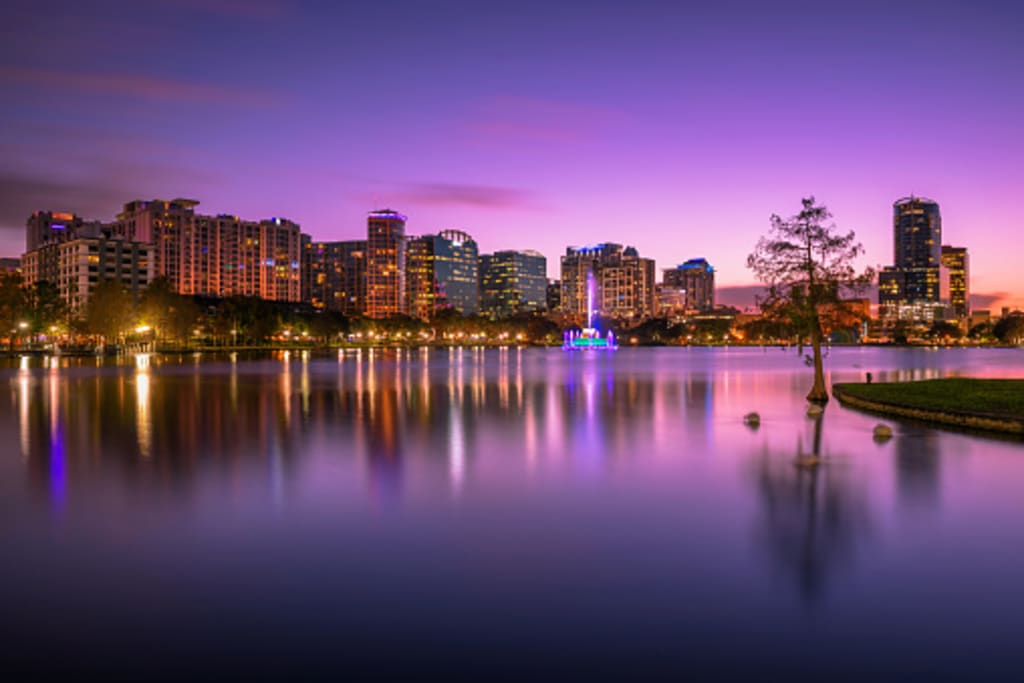The Orlando Shooting: A Tragedy That Shook the Nation
The Orlando shooting, which occurred on June 12, 2016, was one of the deadliest mass shootings in U.S. history. The shooting took place at Pulse, a gay nightclub in Orlando, Florida, and resulted in the deaths of 49 people and injuries to 53 others. The incident shocked the nation and reignited debates over gun control, homophobia, and terrorism.

The Orlando shooting, which occurred on June 12, 2016, was one of the deadliest mass shootings in U.S. history. The shooting took place at Pulse, a gay nightclub in Orlando, Florida, and resulted in the deaths of 49 people and injuries to 53 others. The incident shocked the nation and reignited debates over gun control, homophobia, and terrorism.
Background
Pulse nightclub was a popular destination for members of the LGBTQ+ community in Orlando. On the night of the shooting, hundreds of people were inside the club, enjoying music and dancing. At around 2 a.m., a man named Omar Mateen entered the club armed with an assault rifle and a handgun. Mateen opened fire on the crowd, killing and injuring dozens of people.
Mateen, who was born in New York City to Afghan immigrant parents, had a history of violent and abusive behavior. He had been investigated by the FBI for possible terrorist ties in 2013 and 2014, but the agency did not find enough evidence to arrest or charge him. However, in the months leading up to the shooting, Mateen had become increasingly radicalized and had pledged allegiance to the Islamic State (ISIS) in a 911 call made during the shooting.
The Shooting
The shooting at Pulse nightclub lasted for three hours before a SWAT team entered the building and killed Mateen. During that time, survivors hid in bathrooms and other areas of the club, while others were held hostage by Mateen. Police negotiators attempted to communicate with Mateen throughout the ordeal, but were ultimately unable to convince him to surrender.
The shooting at Pulse was the deadliest act of violence against the LGBTQ+ community in U.S. history. Many of the victims were young and Latino, and the shooting sparked an outpouring of grief and support from across the country.
Response
In the wake of the shooting, politicians, activists, and community members called for action to prevent future acts of violence. President Barack Obama gave a speech in which he emphasized the need for stronger gun control measures, saying, "We have to decide if that's the kind of country we want to be. And to actively do nothing is a decision as well." However, efforts to pass gun control legislation in the U.S. Congress were met with opposition from conservative lawmakers and gun rights advocates.
The shooting also reignited debates over homophobia and hate crimes in the U.S. LGBTQ+ community. Many activists argued that the shooting was a direct result of the homophobia and discrimination that members of the community face on a daily basis.
In addition, the shooting raised concerns about the role of religion in acts of terrorism. While Mateen's motivations for the shooting were complex, his identification with ISIS and the Islamic faith led some to question the role of religion in promoting extremist ideologies.
Legacy
The shooting at Pulse nightclub left a lasting impact on the Orlando community and the country as a whole. In the aftermath of the shooting, the city of Orlando came together to support the victims and their families, holding vigils, fundraisers, and other events in their honor.
The shooting also led to increased attention on issues affecting the LGBTQ+ community, including hate crimes, discrimination, and access to healthcare. Many advocates used the tragedy as a rallying cry for increased support and acceptance for the community.
However, the shooting also highlighted the ongoing challenges facing the U.S. in terms of gun control and domestic terrorism. Despite widespread calls for action, little progress has been made in passing meaningful gun control legislation at the federal level, and incidents of domestic terrorism continue to occur with alarming frequency.
Conclusion
The shooting at Pulse nightclub was a tragedy that shook the nation to its core. The incident highlighted the ongoing challenges facing the U.S. in terms of gun control, homophobia, and terrorism





Comments
There are no comments for this story
Be the first to respond and start the conversation.